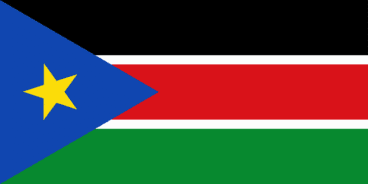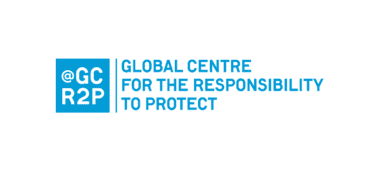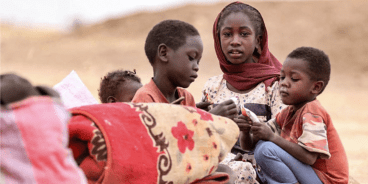
Statement by the Global Centre for the Responsibility to Protect at the 19th Annual Meeting of United Nations Special Procedures
Delivered by Naomi Kikoler, Director of Policy and Advocacy, at the 19th Annual Meeting of United Nations Special Procedures, 14 June 2012
Chair,
Thank you for this opportunity to present a statement on behalf of the Global Centre for the Responsibility to Protect.
Thank you as well to the Special Procedures for the leadership that they have shown in highlighting the plight of populations at risk of mass atrocity crimes.
We believe that Special Procedures play a critical role in preventing mass atrocity crimes and advancing the Responsibility to Protect.
In 2005 at the United Nations World Summit world leaders unanimously committed to uphold the Responsibility to Protect populations from genocide, war crimes, crimes against humanity and ethnic cleansing. Put simply, every state committed to uphold three principles:
- States have a Responsibility to Protect their own populations from the four mass atrocity crimes. This includes the prevention of these crimes and their incitement.
- The international community should assist states in upholding their responsibility.
- If a state is manifestly failing to protect its populations, the international community must be prepared to take appropriate collective action in a timely and decisive manner.
We wish to stress two things:
- At the core of the Responsibility to Protect lies the responsibility to prevent.
- Military intervention is only to be used as an absolute last resort.
Special Procedures have a critical role to play ensuring that the international community does not reach the stage of requiring military intervention through performing four core functions:
- Provide warning of the risk of crimes. This includes identifying the presence of risk factors of the four mass atrocity crimes and referring explicitly to the crimes, victims and perpetrators when confronted with evidence of their commission.
- Frame a situation through a Responsibility to Protect lens. This is critical as increasingly the prevailing narrative in many mass atrocity situations is one of fighting the “war on terror.”
- Assist states by providing guidance to them on how they can uphold their Responsibility to Protect.
- Call upon the international community to uphold its Responsibility to Protect and in doing so helping to mobilize the political will of states to act.
We encourage you to, through your reports, statements and press releases, explicitly call upon states to uphold their Responsibility to Protect, provide guidance on how they can do so and where needed urge the international community to uphold their commitment to protect.
In 1993 the Special Rapporteur for Extra-Judicial, Summary or Arbitrary Executions raised the potential of genocide in Rwanda and reported that, “the victims of the attacks, Tutsis in the overwhelming majority of cases, have been targeted solely because of their membership of a certain ethnic group and for no other objective reason.” This carefully crafted report was ignored both by states and the United Nations.
The Global Centre endeavors to continue to work to ensure that your warnings and calls to uphold the Responsibility to Protect do not fall on deaf ears.
This includes through appealing to supportive states to aid in facilitating your access not only to the Human Rights Council, but to the General Assembly (for those not mandated to report there) and, notably, the Security Council.
Through our collective efforts may we never find ourselves confronted with another Rwanda. Thank you again.

